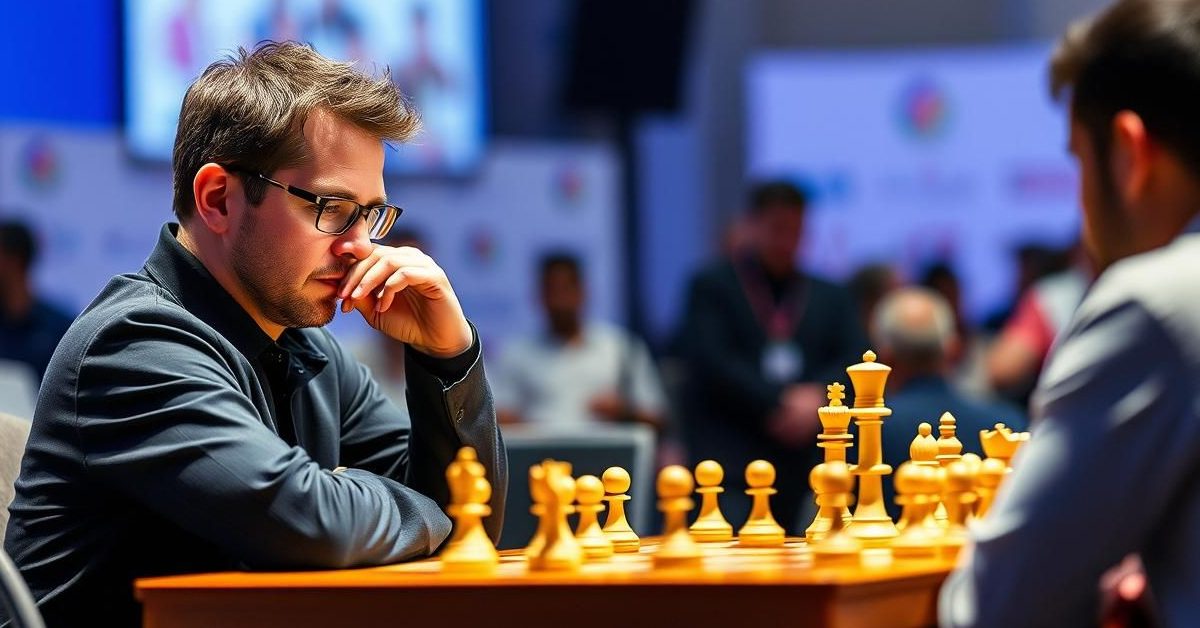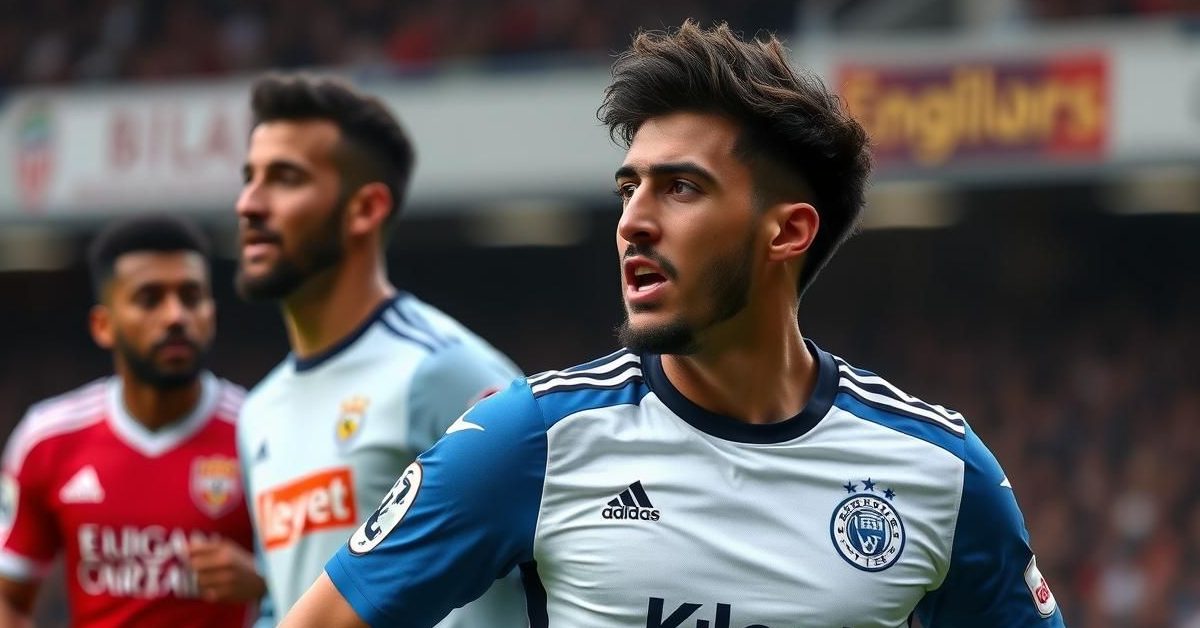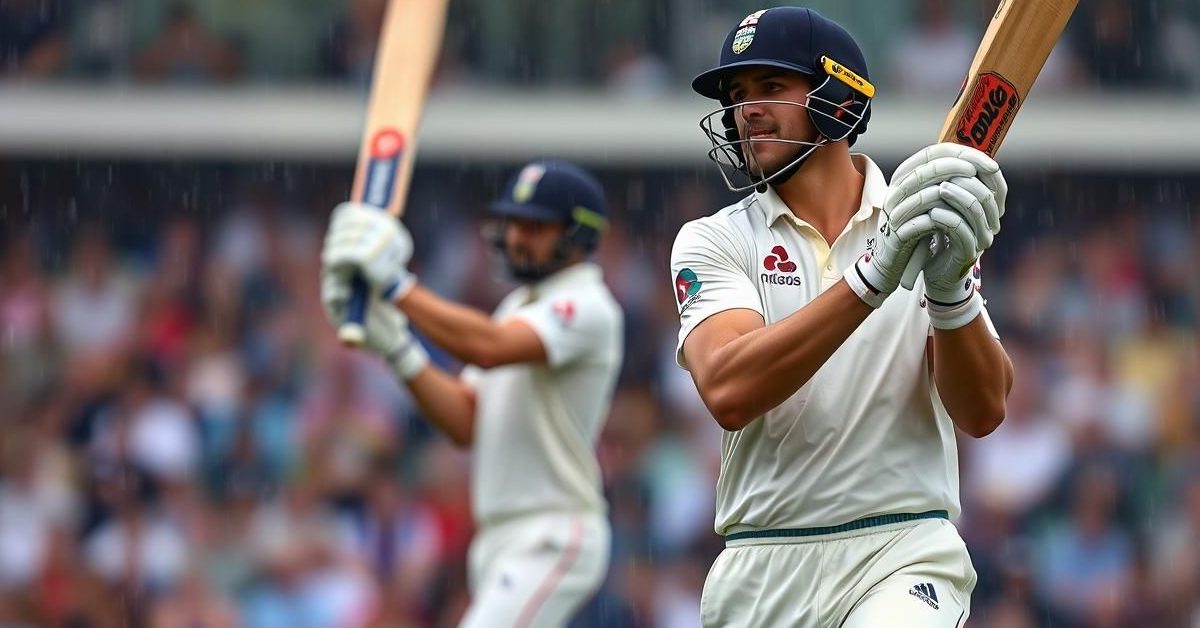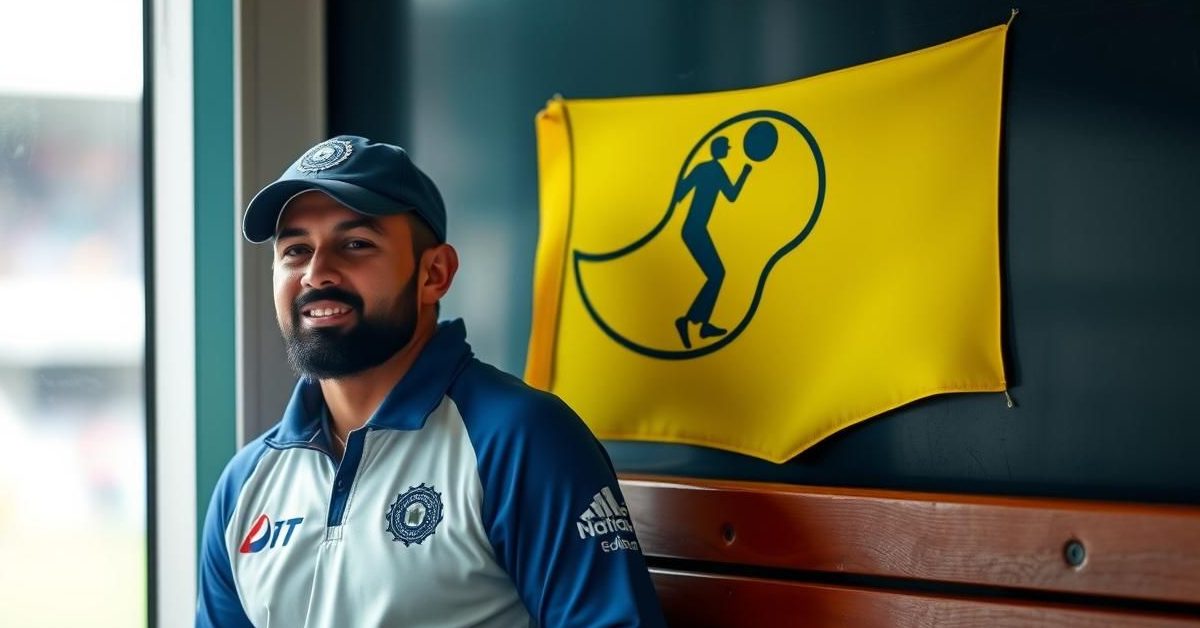Magnus Carlsen once again proved why he’s the world No. 1, triumphing at the SuperUnited Rapid and Blitz Croatia title in Zagreb, despite facing a significant challenge from India’s young world champion, Gukesh.
Carlsen’s Unlikely Victory
Carlsen entered the blitz portion of the tournament four points behind leader Gukesh, a seemingly daunting gap. Yet, after 18 intense blitz games, the Norwegian grandmaster emerged victorious, securing the title by a comfortable 2.5-point margin over Wesley So, with Gukesh finishing three points behind Carlsen.
Reflecting on his win, Carlsen admitted, “It doesn’t feel like I won. It feels like I just came here and played alright. But nobody really did anything special in the end. Then I usually end up winning.” He added that he felt he “struggled most of the event” and that his one good day in rapid turned out to be enough.
Gukesh’s Against-the-Odds Ascent
Before the Zagreb event even began, simulations run by the Grand Chess Tour had given Gukesh a mere 0.3 percent chance of winning the tournament. These same simulations heavily favored Carlsen, pegging his chances at a dominant 68.2 percent.
Despite the initial low odds, Gukesh defied expectations. After the first day of rapid play, his winning chances marginally increased to 0.4 percent. By the second day, this figure had jumped to 7.8 percent, a significant rise. Following the rapid section’s conclusion, Gukesh’s chances soared to 31.7 percent, even though Carlsen remained the favorite at 34.8 percent despite being behind.
- Gukesh’s initial winning odds were a mere 0.3 percent, according to Grand Chess Tour simulations.
- His chances surged to 31.7 percent after the rapid games, showcasing a remarkable performance.
- Carlsen remained the statistical favorite throughout, even when trailing in points.
Dominance in Rapid, Challenge in Blitz
Gukesh truly shone in the rapid format, amassing a three-point lead after nine games, totaling 14 points. Carlsen, by contrast, had 10 points at the end of the rapid section.
However, the blitz portion told a different story. Carlsen demonstrated his exceptional blitz prowess, scoring an impressive 12.5 points out of a possible 18. Gukesh, on the other hand, found the faster format more challenging, collecting 5.5 points from 18 blitz games.
Head-to-Head Encounters
The personal battles between Carlsen and Gukesh were evenly matched, with their head-to-head score ending 1-1-1. Gukesh claimed victory in their rapid game, while Carlsen took the first blitz clash. Their final encounter concluded in a swift 14-move draw on the last day.
Carlsen’s consistency throughout the event was remarkable. Despite his claims of struggling with his “flow,” he lost only two games out of 27 across both formats: one rapid game to Gukesh and one blitz game to Nodirbek Abdusattorov. Gukesh also showed strong individual performances, notably maintaining a perfect 3-0 score against Fabiano Caruana in their three games.
The Zagreb event highlighted Carlsen’s incredible resilience and Gukesh’s rising star power, setting the stage for more exciting chess battles in the future.
Magnus Carlsen once again proved why he’s the world No. 1, triumphing at the SuperUnited Rapid and Blitz Croatia title in Zagreb, despite facing a significant challenge from India’s young world champion, Gukesh.
Carlsen’s Unlikely Victory
Carlsen entered the blitz portion of the tournament four points behind leader Gukesh, a seemingly daunting gap. Yet, after 18 intense blitz games, the Norwegian grandmaster emerged victorious, securing the title by a comfortable 2.5-point margin over Wesley So, with Gukesh finishing three points behind Carlsen.
Reflecting on his win, Carlsen admitted, “It doesn’t feel like I won. It feels like I just came here and played alright. But nobody really did anything special in the end. Then I usually end up winning.” He added that he felt he “struggled most of the event” and that his one good day in rapid turned out to be enough.
Gukesh’s Against-the-Odds Ascent
Before the Zagreb event even began, simulations run by the Grand Chess Tour had given Gukesh a mere 0.3 percent chance of winning the tournament. These same simulations heavily favored Carlsen, pegging his chances at a dominant 68.2 percent.
Despite the initial low odds, Gukesh defied expectations. After the first day of rapid play, his winning chances marginally increased to 0.4 percent. By the second day, this figure had jumped to 7.8 percent, a significant rise. Following the rapid section’s conclusion, Gukesh’s chances soared to 31.7 percent, even though Carlsen remained the favorite at 34.8 percent despite being behind.
- Gukesh’s initial winning odds were a mere 0.3 percent, according to Grand Chess Tour simulations.
- His chances surged to 31.7 percent after the rapid games, showcasing a remarkable performance.
- Carlsen remained the statistical favorite throughout, even when trailing in points.
Dominance in Rapid, Challenge in Blitz
Gukesh truly shone in the rapid format, amassing a three-point lead after nine games, totaling 14 points. Carlsen, by contrast, had 10 points at the end of the rapid section.
However, the blitz portion told a different story. Carlsen demonstrated his exceptional blitz prowess, scoring an impressive 12.5 points out of a possible 18. Gukesh, on the other hand, found the faster format more challenging, collecting 5.5 points from 18 blitz games.
Head-to-Head Encounters
The personal battles between Carlsen and Gukesh were evenly matched, with their head-to-head score ending 1-1-1. Gukesh claimed victory in their rapid game, while Carlsen took the first blitz clash. Their final encounter concluded in a swift 14-move draw on the last day.
Carlsen’s consistency throughout the event was remarkable. Despite his claims of struggling with his “flow,” he lost only two games out of 27 across both formats: one rapid game to Gukesh and one blitz game to Nodirbek Abdusattorov. Gukesh also showed strong individual performances, notably maintaining a perfect 3-0 score against Fabiano Caruana in their three games.
The Zagreb event highlighted Carlsen’s incredible resilience and Gukesh’s rising star power, setting the stage for more exciting chess battles in the future.













